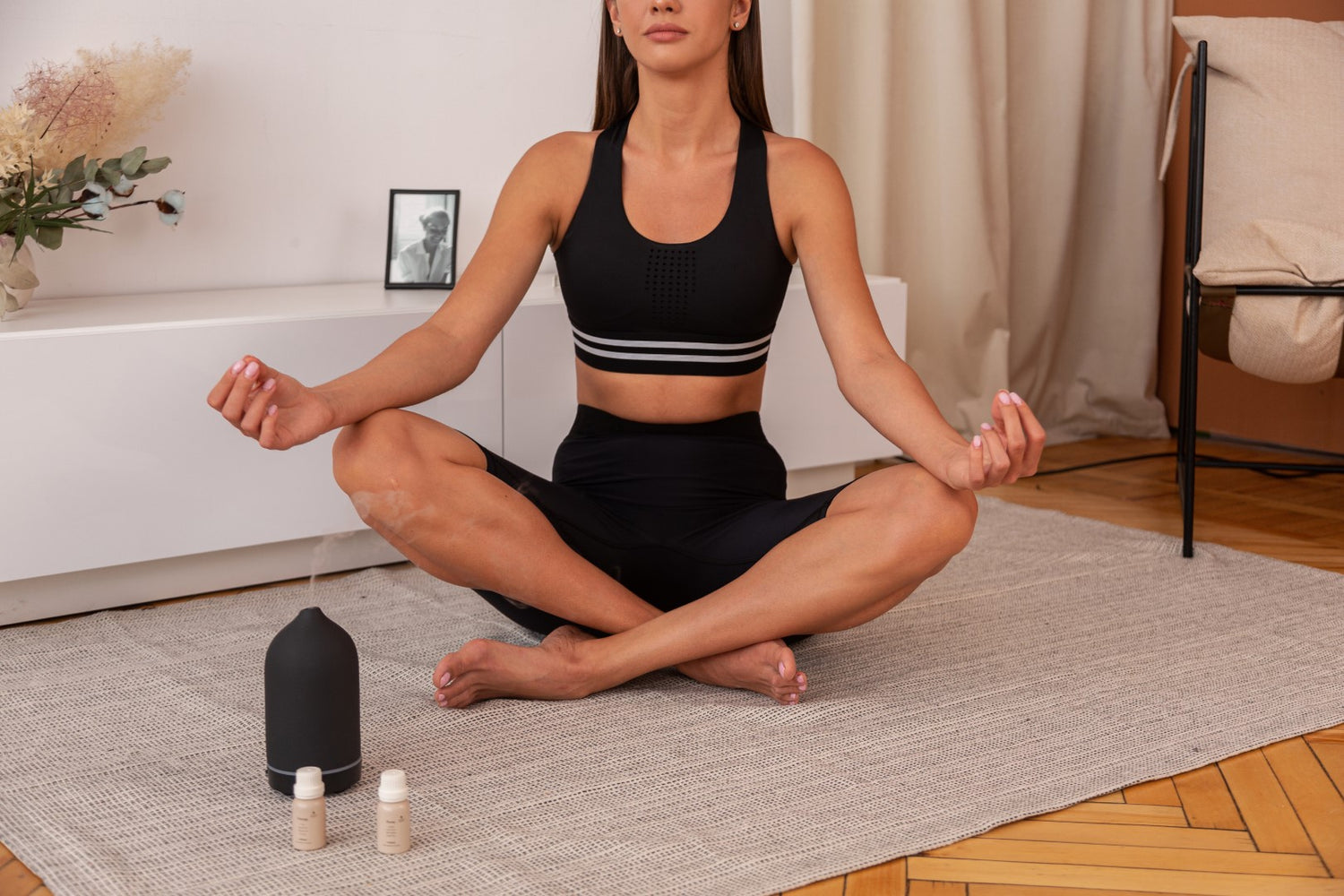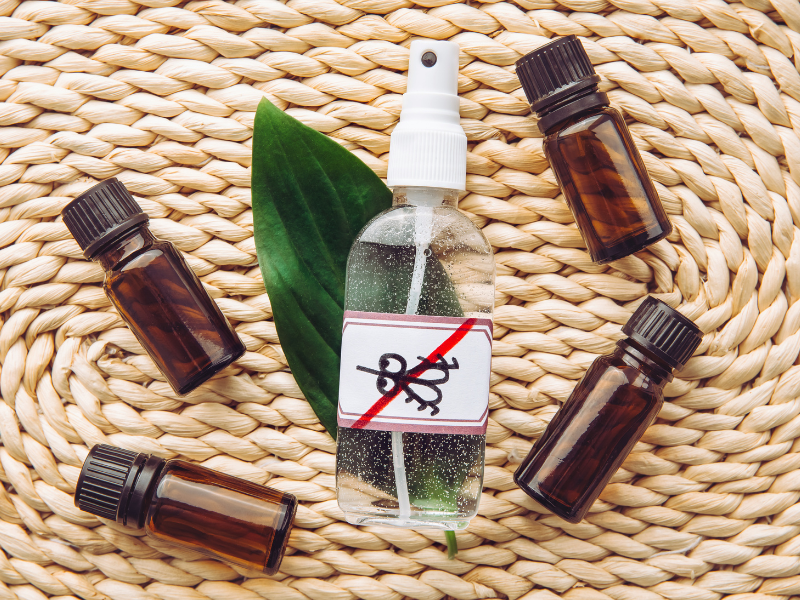As an example, leading retail outlets in Kuala Lumpur, Malaysia, commonly sell the two essential oils jasmine and lavender, where they sit on the shelf side by side like salt and pepper shakers. One must take care to buy them together because of their complementary relationship (like yin and yang), where too much of one will make you too stimulated to sleep whilst the other might make you lethargic. It is common for the tourist to buy one and later return for the other after discovering this effect purely by accident. Too much jasmine will overstimulate you, whereas too much lavender will make you unproductive.
The term ‘essential oil’ is derived from the Latin expression ‘quinta essentia’ which translates into English as ‘the fifth element’. Hence, according to alchemy, an essential oil is the spirit or life force of the plant, captured and stored in a bottle. Similar to alcoholic spirits, they are produced by distillation and have properties that have captured the imagination of people for nearly a thousand years since the technology was developed in the 13th century by Arab pioneers.
When purchasing essential oils to be used in aromatherapy, either with massage or another form of therapy, one must take care to ensure that the oil is authentic. Strictly avoid cheap products, because it is impossible for them to be marketed below a certain price. Cheap products are mixed with carrier oils, or even worse, they can be mixed with undesirable by-products of industry, making them potentially bad for one’s health. Thus, ensure you purchase from a reputable supplier before putting them onto, or into, your body.
Five great reasons to use essential oils for relaxation

Although they confer innumerable pharmacological effects in people, essential oils are best known for their ability to alter mood and improve one’s mental wellbeing. Because we live in a busy world under the pressure of profit-driven corporations and are expected to perform at an unrealistic rate of delivery, a common side-effect is stress. Hence, we turn to aromatherapy for relaxation. This initiative is highly recommended since there are aspects of your health that require attention in the long-term, and it is better to adopt a healthier lifestyle which includes natural ingredients than to become a chronic user of pharmaceutical drugs.
Here are five reasons to use essential oils for relaxation:
1) Essential oils are scientifically proven to be as good as pharmaceuticals in reducing stress,
2) A better sleep makes you feel refreshed and improves your coping skills,
3) Essential oils can help to reduce anxiety and depression,
4) Long-term use of essential oils improves the immune system, and
5) Essential oils may help reduce your risk of disease.
Essential oils are scientifically proven to be as good as pharmaceuticals in reducing stress

Scientific studies have examined the mood-altering effects of essential oils against placebos and confirmed that, even when the users are prevented from smelling them by covering their noses while massaging them into the user’s skin, they experience improvements in their anxiety levels and rate themselves as being more relaxed.
For most people, it is difficult to imagine that essential oils can actually cross the skin and be absorbed into the bloodstream, then circulate around the body and cross the blood-brain barrier where they exert their mood-altering effects. However, several studies have demonstrated this to be true. In fact, by taking blood samples from people who have applied essential oils topically and then chemically analysing the blood samples, the components of the essential oil are detected. What this means is that components of the essential oil absorb into the oil-loving part of the skin where they are captured in blood albumin, and the rest is history.
The most common essential oil that is used for relaxation is lavender, as mentioned earlier. Lavender essential oil is rich in the therapeutic molecules linalool and linalyl acetate, which can be used to achieve analgesic or antinociceptive effects. Because linalool and linalyl acetate are also present in bergamot and basil, they can be used for the same therapeutic applications. In studies where lavender essential oil is applied to the user’s belly, both linalool and linalyl acetate are detected in the blood serum within 20 mins of application. These molecules confer an analgesic effect, as previously mentioned, that is partly due to their affinity for the opioid receptor. It is conceivable that the same outcome would manifest if basil or bergamot were applied.
So the next question is, how does analgesia lead to relaxation or reduced stress? Aside from the obvious, which is that a mild numbing effect reduces physical discomfort, the truth is that analgesia is not the only mechanism. Both linalool and linalyl acetate are known to exert anti-inflammatory effects, and because stress is interlinked with chronic systemic micro-inflammation, the anti-inflammatory effects of linalool and linalyl acetate reduce the symptoms of stress and anxiety. Furthermore, systemic micro-inflammation reinforces stress and discomfort, which creates a positive feedback loop that makes it hard to return to a relaxed state. Thus, anti-inflammatory essential oils end the vicious cycle and enable the individual to start a new cycle of restfulness.





